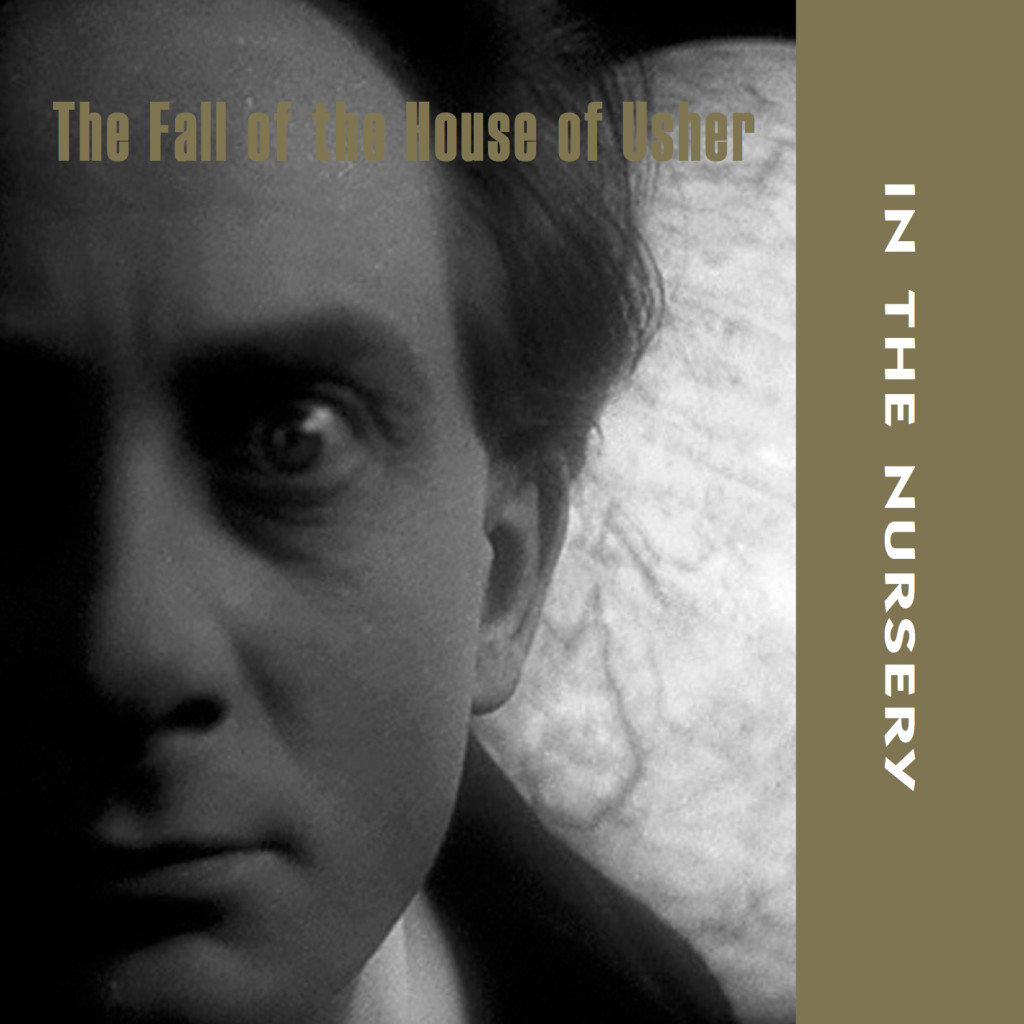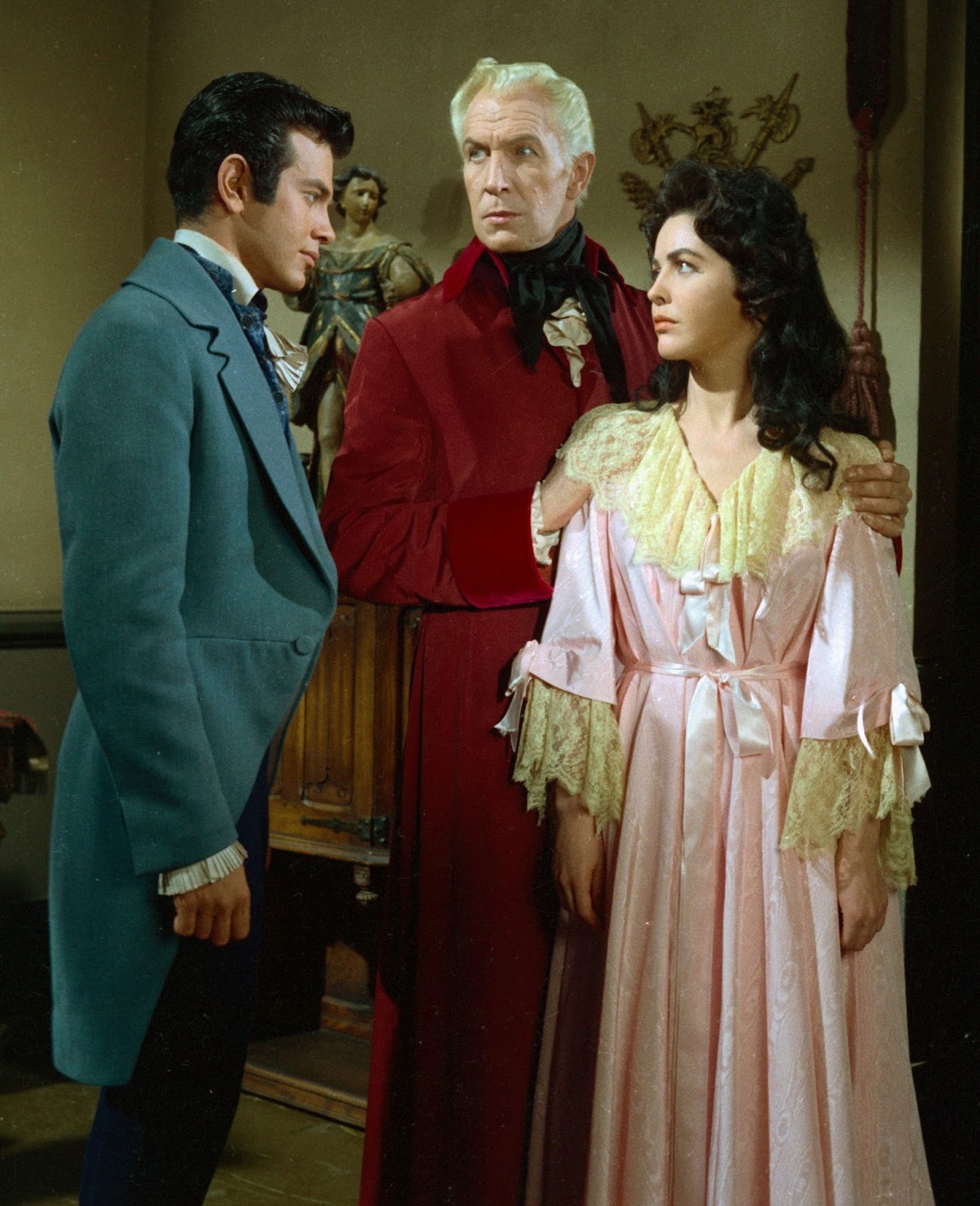Table Of Content

Loosely based on various works by 19th-century author Edgar Allan Poe (most prominently the eponymous 1840 short story), the series adapts otherwise unrelated stories and characters by Poe into a single nonlinear narrative set from 1953 to 2023. It recounts both the rise to power of Roderick Usher, the powerful CEO of a corrupt pharmaceutical company and his sister Madeline Usher, the firm's genius COO, and the events leading to the deaths of all six of Roderick’s children. It stars an ensemble cast led by Carla Gugino as a mysterious woman plaguing the Ushers, Bruce Greenwood as an elderly Roderick and Mary McDonnell as an elderly Madeline. Edgar Allen Poe’s short story “The Fall of the House of Usher” wasoriginally published in September of 1839.
Limited Series – The Fall of the House of Usher
Roderick Usher is a gifted poet and artist, whose talents the narrator praises before sharing a poem Usher wrote, titled ‘The Haunted Palace’. The ballad concerns a royal palace which was once filled with joy and song, until ‘evil things’ attacked the king’s palace and made it a desolate shadow of what it once was. After looking at the reflection of the mansion in the tarn, or small lake,in front of the estate, the narrator believes he sees a heavy mist and vaporrising from the trees and house. He then takes a closer look at the ancientmansion and sees a crack zigzagging from the roof to the foundation, where itdisappears into the tarn’s shore.
Greatest Works of Edgar Allan Poe (Deluxe Hardbound Edition)
In 1956, NBC Matinee Theater on US television broadcast The Fall of the House of Usher starring Marshall Thompson and Tom Tryon for episode 197. In 1950, a British film version of The Fall of the House of Usher was produced starring Gwen Watford, Kay Tendeter and Irving Steen. A second silent film version, also released in 1928, was directed by James Sibley Watson and Melville Webber. La Chute de la maison Usher is a 1928 silent French horror film directed by Jean Epstein starring Marguerite Gance, Jean Debucourt, and Charles Lamy.
The Raven
In the tale, the narrator visits achildhood friend who is sick and in need of company. The house is old anddecrepit, and it seems to cause the madness of the last surviving Ushersiblings, Roderick and Madeline. When Madeline succumbs to an illness, she isburied in a house vault, only to return after a premature burial. Madelineemerges from the vault the night of an intense storm and collapses on herbrother in death. Rather than convey a lesson, Poe's story explores gothic elementsof the supernatural and evil to convey this tale of horror. “The Fall of the House of Usher” updates the work of Edgar Allan Poe for the era of Big Pharma, turning his most famous tales into a sprawling story of the decline of a wealthy American family.
Not when he drugged Madeline's drink, just as she drugged Griswold's all those years earlier, and not when he cut her eyes out, mummifying her with the sapphires she so valued in her time on this earth. “There is a lot about my job that I love, but there are moments like these that bring me no joy,” Verna tells her in her bedroom after a conversation that found Lenore telling Roderick that it wasn't too late to use Fortunato and the family's largesse for good. Keep in mind that Lenore still had this pureness of mind after seeing her mother burnt within in inch of her life by acid (thanks to Prospero's foolish orgy party) and then tortured by her father, who himself had just been brutally killed in a ridiculous freak accident. By doing this, Roderick was briefly arrested for perjury, but earned goodwill with both Griswold and the larger Fortunato community; he was willing to take one for the team. While eventually Roderick could have used this to simply move his way up, he and Madeline had other plans.
Decades later, once it became clear that Verna was the one killing off the Usher children, Madeline tried to sidestep the deal by convincing Roderick to kill himself. But Verna wasn't willing to let him get off that easy and brought him back to face the full extent of his reckoning, the death of his granddaughter Lenore (Kyliegh Curran), the only morally good Usher. Once Roderick and Madeline were the only ones left in the bar after a long night of drinking, Verna revealed to the twins that she knew what they had done. But, if they agreed to her terms, she could guarantee that they would not only get away with Rufus' murder but also rise to control Fortunato's billion-dollar painkiller empire and never be convicted of a single crime. Dreams, for instance, are the way our unconscious mind communicates with our conscious mind, but in such a way which shrouds or veils their message in ambiguous symbolism and messages.

Episodes
Roderick decides to keep his sister preserved in ahouse vault before moving her to the isolated family cemetery. He soon abandonshis former hobbies, and the narrator observes that Roderick is beginning tolose his mind. While watching his friend’s condition deteriorate, the narratorfeels himself slip into madness as well. The story opens with the narrator riding alone on a cloudy autumn day to theHouse of Usher. He describes a childhood friendship with the owner, Roderick Usher.Roderick had requested the narrator’s company during his convalescence from anillness. The narrator reflects on the once-great Usher family and that theyhave only one surviving direct line of descendants, comparing the beautiful butcrumbling house to the family living inside.
As he relates the shield falling from off the wall, a hollow metallic reverberation can be heard throughout the house. At first, the narrator ignores the noises, but Roderick becomes increasingly hysterical. Roderick eventually declares that he has been hearing these sounds for days, and that they are being made by his sister, who was in fact alive when she was entombed.
Netflix's 'the Fall of the House of Usher' Cast, Character Guide - Business Insider
Netflix's 'the Fall of the House of Usher' Cast, Character Guide.
Posted: Thu, 12 Oct 2023 07:00:00 GMT [source]
It’s not so much the “what” as the “why” that the audience and Dupin need to be answered. Within a few hours of the narrator’s arrival, Roderick begins to share some of his theories about his family. Much to the narrator’s surprise, Roderick claims that the Usher mansion is sentient and that it exercises some degree of control over its inhabitants. He declares that his illness is the product of “a constitutional and a family evil.” (The narrator later dismisses this as a cognitive symptom of Roderick’s “nervous affection.”) Roderick also reveals that Madeline, his twin sister and sole companion in the house, is gravely ill.
At Roderick’s words, the door bursts open, revealing Madeline all in white with blood on her robes. With a moan, she falls on her brother, and, by the time they hit the floor, both Roderick and Madeline are dead. Outside, he looks back just in time to see the house split in two and collapse. The Fall of the House of Usher, supernatural horror story by Edgar Allan Poe, published in Burton’s Gentleman’s Magazine in 1839 and issued in Poe’s Tales of the Grotesque and Arabesque (1840).
The twin siblings showed up to Fortunato's New Year's Eve 1979 party, greeted by a grateful Griswold, dressed as a court jester. After much schmoozing, Griswold eventually started hitting on Madeline, before the two retreated down to a soundproof basement. Here, Griswold realized that Madeline wasn't just seducing him—she was drugging him too.
We also learn, through a series of flashbacks, about how Roderick (played in younger form by Zach Gilford) rose to power within Fortunato, egged on by his duplicitous and cold sister, Madeline (played by Mary McDonnell in the present and Willa Fitzgerald in flashbacks). In “The Fall of the House of Usher,” the setting, diction, and imagery combine to create an overall atmosphere of gloom. The story opens on a “dull, dark, and soundless day” in a “singularly dreary tract of country.” As the narrator notes, it is autumn, the time of year when life begins to give way to old age and death. A mere glimpse of the Usher mansion inspires in the narrator “an iciness, a sinking, a sickening of the heart.” Upon entering the house, the reader as the narrator navigates through a series of dark passages lined with carvings, tapestries, and armorial trophies.
Guilt permeates every frame of Flanagan’s Poe universe, and buys into not so much the horror as the terror. Contemporary readers and critics interpreted the story as a somewhat sensationalized account of Poe’s supposed madness. (As a recluse, Poe often invited such accusations.) Later scholarship pursued alternative interpretations. Some scholars speculated that Poe may have attached special importance to the fact that Roderick and Madeline are twins, noting that Poe previously investigated the phenomenon of the double in “Morella” (1835) and “William Wilson” (1839). Other scholars pointed to the work as an embodiment of Poe’s doctrine of l’art pour l’art (“art for art’s sake”), which held that art needs no moral, political, or didactic justification.










